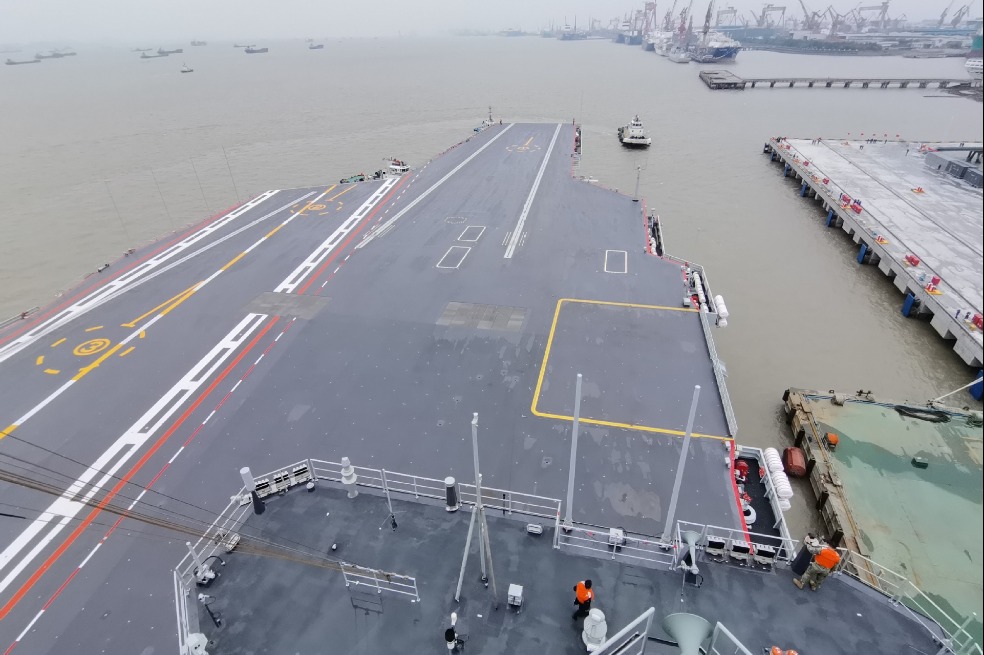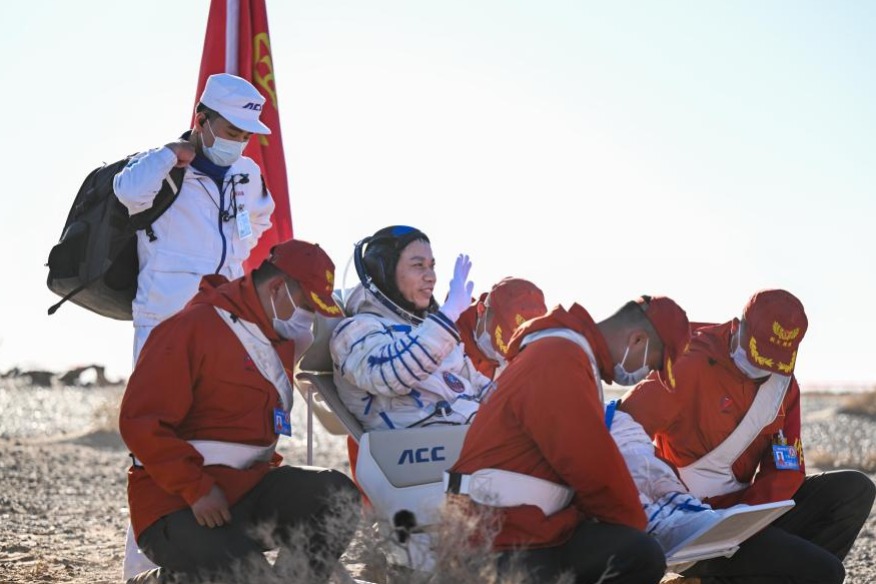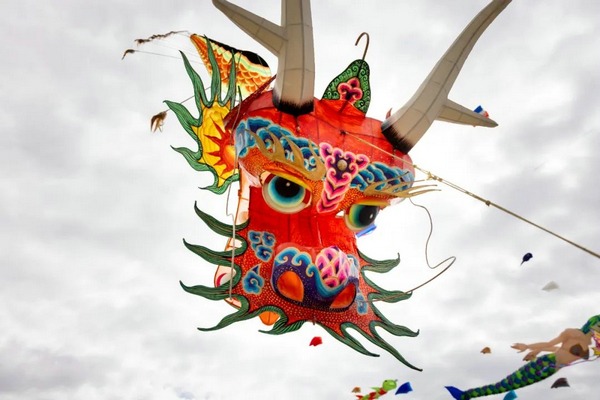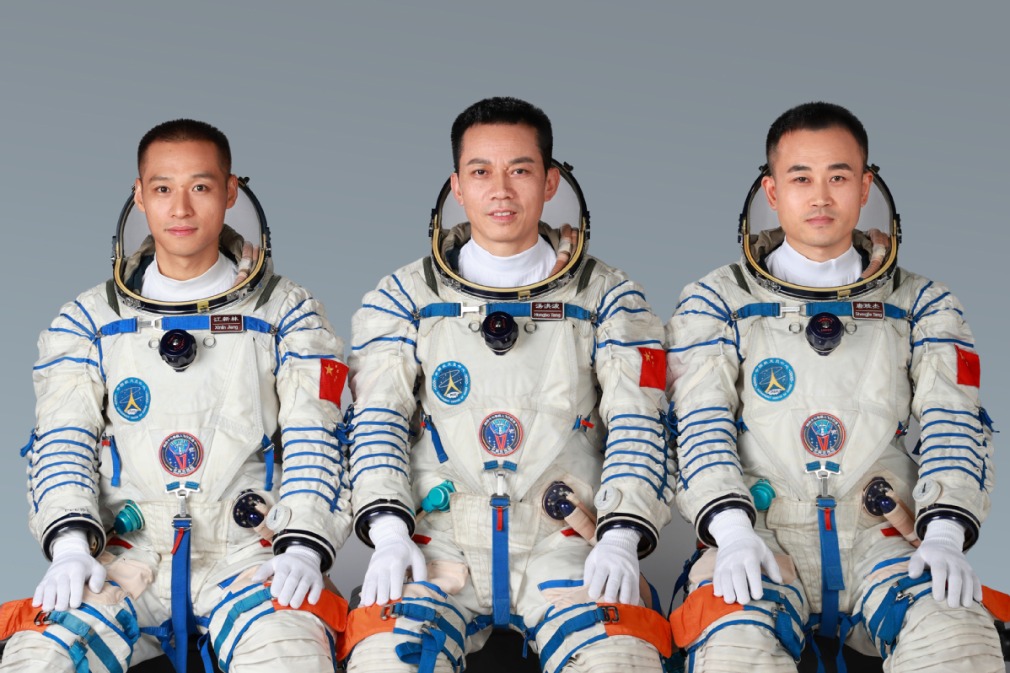Standing together in time of woe
By HU ZHENGYUE | China Daily | Updated: 2020-06-08 07:47
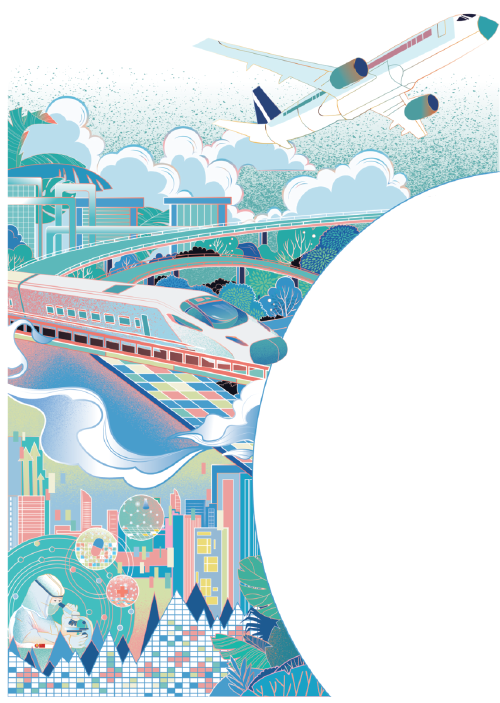
China-ASEAN relations have passed the historical test of COVID-19 and become even closer
Despite the global spread of the novel coronavirus, the overall situation in the Association of Southeast Asian Nations is controllable. Of the ASEAN's total population of over 600 million, 80,000 people have been infected and over 2,600 lives have been lost by the end of May. Six countries have kept their deaths below 100, and some even have managed zero deaths. Recovery rates in Cambodia, Brunei and Thailand are all above 90 percent. In contrast to other regions, Europe and the United States in particular, the ASEAN countries have done a great job.
With different realities on the ground, the ASEAN countries took different approaches. For example, Vietnam relied on and benefited from its highly efficient administration, while Laos and Cambodia sought international cooperation. What these countries' responses have had in common are timely decisions from the top, government-led actions, efficient execution, cooperation from the people and good social order without large-scale riots or looting.
The cultural differences between East and West have played a part here. First, Southeast Asian people are more disciplined and restrained. Having underwent more crises and disasters than their Western counterparts, they have developed great endurance. Second, with their past experience of dealing with severe acute respiratory syndrome (SARS), Dengue fever and other infectious diseases, the ASEAN countries have all placed a premium on the building of public health systems and treatment capacities. Their preparedness was transformed into suitable actions in a timely manner. Third, favorable social realities. Apart from Singapore, the other nine ASEAN countries are all backed by strong agriculture sectors, which means enough food and less employment pressure during the public health crisis.
What is also worth mentioning is that the ASEAN countries have maintained sound communication and cooperation with China during the whole process. After China began its battle with the virus, they lost no time in reaching out to China, sharing information and endorsing the 10+1 foreign ministers' meeting in Vientiane. Chinese leaders exchanged phone calls with several of their ASEAN counterparts. After the novel coronavirus broke out in the ASEAN countries, China not only sent medical teams to help the affected countries, it also held videoconferences where Chinese experts shared their experience and practice. Generally speaking, the ASEAN countries have mostly applied what was learned from China's experience in their respective responses. Such cooperation is the right option and in line with the times.
Regarding the discrimination against Asian people in Western countries, ASEAN people stand shoulder to shoulder with China.
Singaporean Prime Minister Lee Hsien Loong was the first national leader to stand against associating the disease with Chinese. In other words, cooperation between the ASEAN and China in the fight against the COVID-19 comes from the shared interests of their peoples and their appreciation they have a shared future.
Meetings at various levels within ASEAN and with China have delivered pragmatic consensus, initiatives and action plans for the ongoing fight against the pandemic and longer-term cooperation arrangements for health, personnel exchanges, economy and trade. Such enriched and timely meetings have strengthened confidence and consensus. As the 2020 chair for ASEAN, Vietnam has played a positive and efficient role in coordinating regional collaboration.
Both China and the ASEAN have entered the second phase of the fight, that is the phase of reopening their economies. In the post-virus era, the top priority for the ASEAN countries is to resume social and economic activities and development. Although there exists competition within the region, with the coordination mechanisms in place, positive competition represents the joint pursuit.
In terms of economic fallout in the region, the tourism, accommodation, aviation industries have suffered the most. Falling oil prices, fluctuating financial markets, shrinking manufacturing and intermediary trade have all taken a toll on the ASEAN economy. Since the ASEAN market is part of the East Asian economy and it is closely connected with Europe and the United States as well, the ASEAN economy will have a fundamental change for the better only after there are positive signs in East Asia, Europe and the US. This will take time.
However, the region's economic resilience has grown since the 1997 financial crisis. As the ASEAN economy is agriculture-dominated, the pandemic did not exert too much destructive influence, and it has not been hard for the ASEAN countries to resume work and production. It is therefore reasonable to forecast that the ASEAN countries may well get out of their current difficulties in the third quarter.
Politically speaking, ASEAN will keep up with its integration process and maintain stability within the region. Its main goal in external relations remains safeguarding regional stability, development and prosperity, and seeking economic and trade cooperation remain the central task. Taking ASEAN as a whole, despite the grim figures in international trade, the trade volume between China and ASEAN has reached $190 billion in the first four months of this year.
China should seek to strengthen its cooperation with the ASEAN countries. It's also necessary for ASEAN to consolidate its strategic partnership with China. There is huge potential for cooperation, and the key lies in what the two sides do.
China-ASEAN relations have passed the historical test of COVID-19 and have harvested greater political and emotional closeness. Mutual understanding, compassion, inclusiveness and support will remain the theme in the post-pandemic era.
Like a boat sailing against the current, we have to forge ahead, or will be swept downstream. If forging ahead, all stand to benefit; but if being swept away, all stand to lose.
The author is the former Chinese ambassador to Malaysia. The author contributed this article to China Watch, a think tank powered by China Daily. The views do not necessarily reflect those of China Daily.






